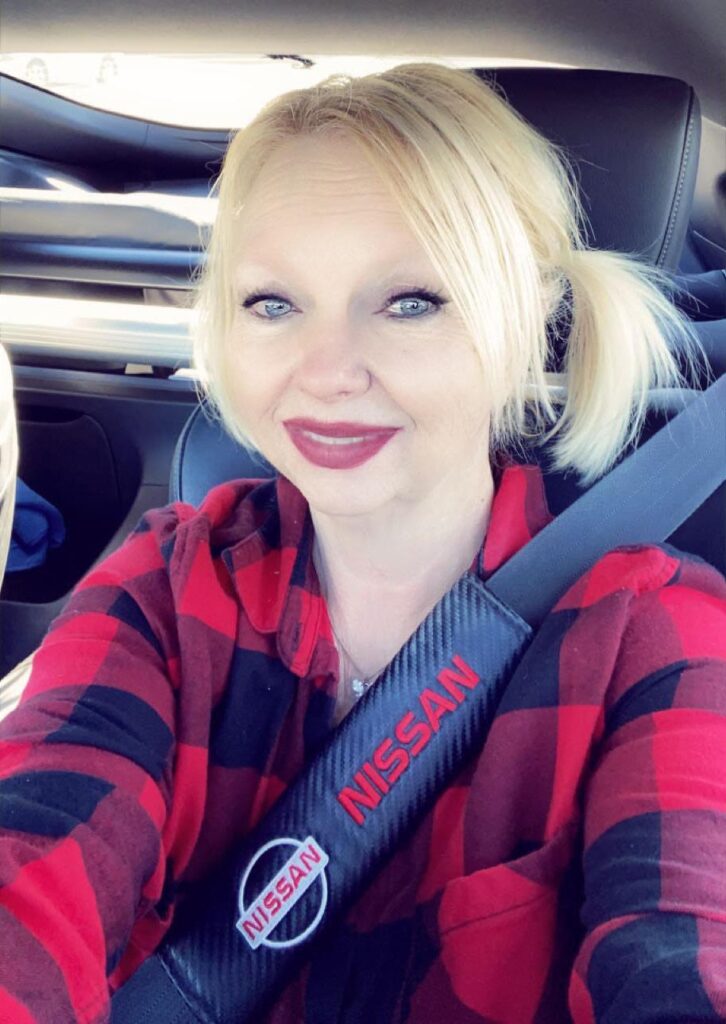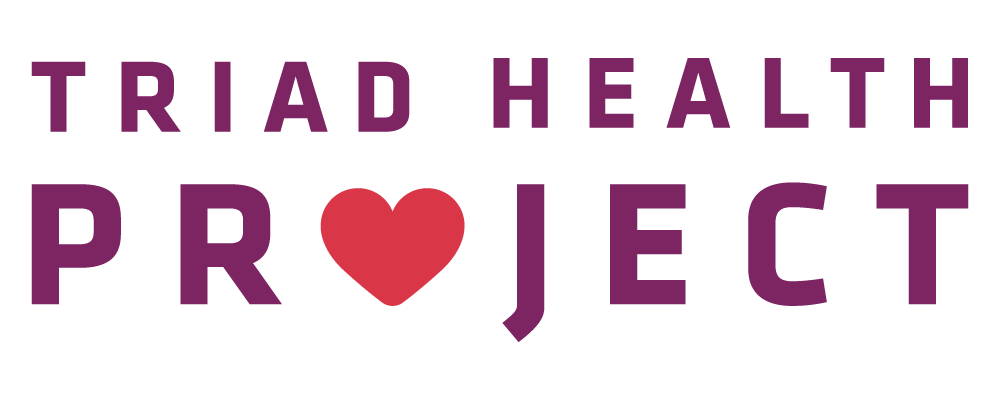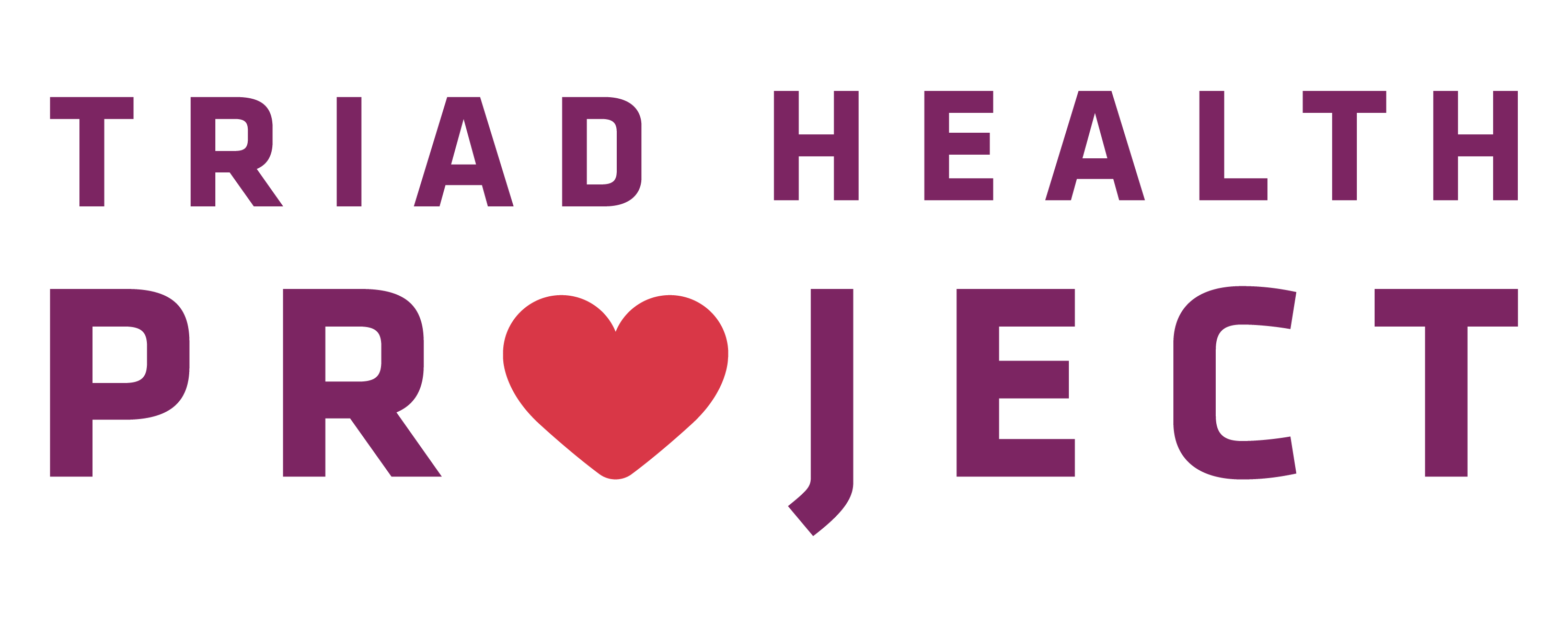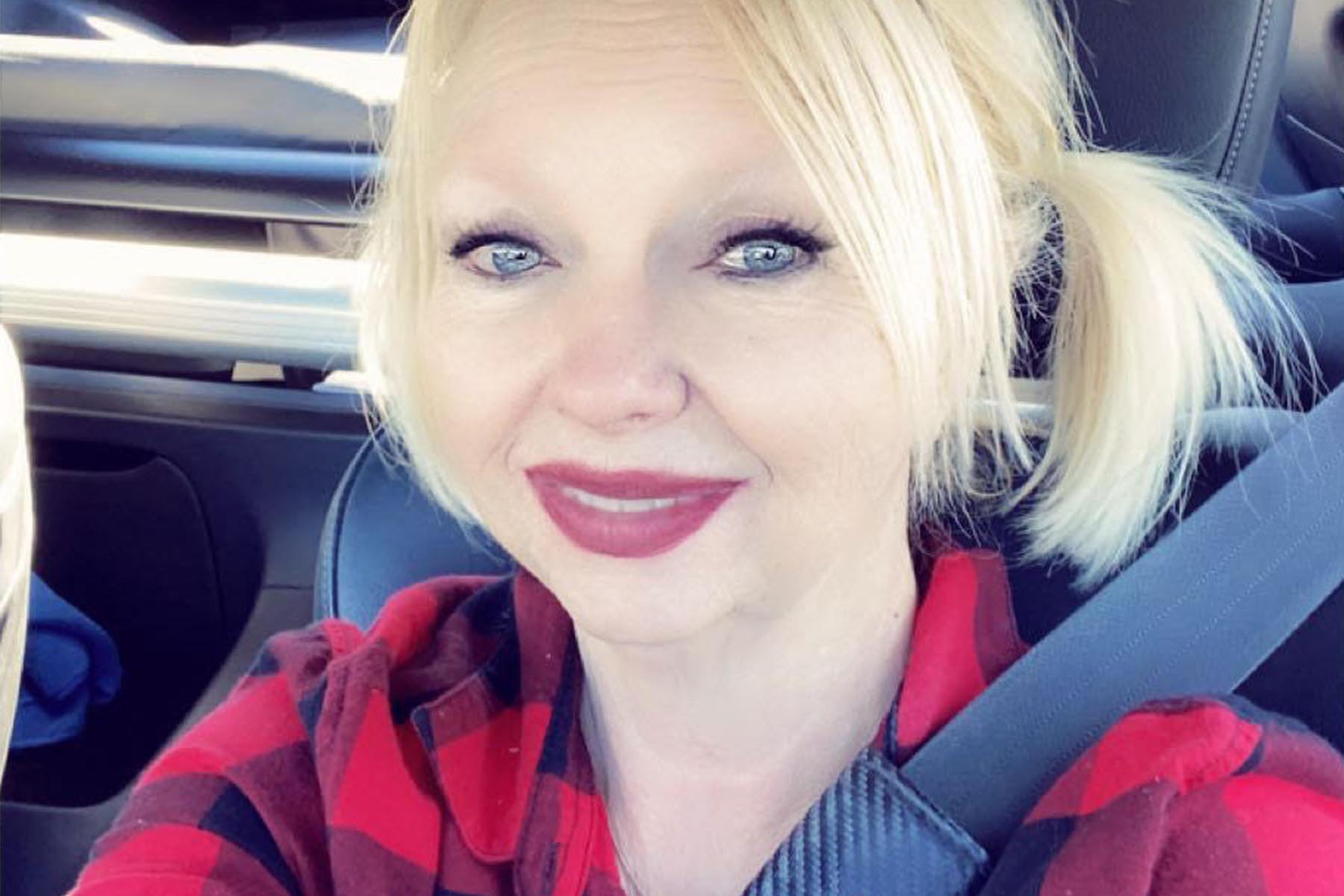More than a Job: Working at the Adult Store is a Chance to Change the Conversation and Combat STIgma
Three decades at the novelty store is makes for an everyday opportunity to be educator, advocate, and trusted resource for this Triad mother.

When she started working at Night Dreams, an adult novelty store in Greensboro, Lisa Morel didn’t know she’d stumbled into her lifelong passion. Back then, she was simply a newlywed with a baby, looking for a steady income and reliable employment. However, it didn’t take long for her to discover that empowering others to embrace and explore their sexuality was exactly what she was meant to do.
More than 30 years later, you’ll still find her behind the counter, offering educational advice, tips, and support on a daily basis. Sure, the customers are different, and the product lines have expanded. The name of the store even changed it became an Adam and Eve franchise shortly after Morel started.
But the inspiration behind what she does and why she does it? That’s always been the same. Triad Health Project (THP) recently had the opportunity to interview Morel and learn more about her powerful career, the incredible people she’s met along the way, and the steps she’s taken to banish the stigma around the industry she loves.
What would you define as your role at Adam and Eve?
I’m a store manager. I have been here for 30-plus years. It’s been a great ride!
So, how would you describe your work to people at a dinner party?
Well, a lot of people have this stigma that we’re a “sex” store. When I talk to people about what I do, I want them to know that we’re actually educators in our community.
Sure, we have the bachelorette party girls coming in here and having a good time, but when you get down to the nitty-gritty of why we are here, it’s all about sexual health. Being in a college town, that’s especially important.
I also feel like I’m helping to change people’s lives for the better. There was one 50-year-old woman who came in looking for a schoolgirl outfit because she didn’t want her husband to have an affair. I literally took the outfit out of her hand and I said, “Ma’am, I’m not selling this to you. If this is what you need to keep your husband from cheating, you go somewhere else to buy it.”
She came back to my store about seven months later. She had divorced the fool and met a guy she went to high school with, who treated her like a princess. She ended up buying hundreds of dollars worth the lingerie in our store because they were going on an amazing trip.
What was going through your mind when you first started working in an adult store?
To be honest with you, it was just a job at first, but this industry has been one of the best industries I have ever been in.
I get a lot of people who say, “Oh, I would never work there.” When I first started, I was discriminated against personally because of where I worked, at anywhere from banks to daycares.
Back then, sex was a “dirty word” and it felt like I was doing something dirty, but I wasn’t. I’m very proud of what I do and to have had to have it hidden was a little discouraging, but never to the point that I ever wanted to leave.
But then I was like, I really want to change it. I feel that the customer service we bring to our customers changes their stigma about our store.
My number one priority is the safety of my employees and my customers. Yes, we sell sex toys, but it’s about the customers.
Someone might be in here because she’s just gone through chemo, and she needs a toy to help dilate because chemo has shrunk all of her tissues. Or, I might have a girl who has gone through trauma and has been raped and tortured, and she’s trying now after two years to get back sexually with her body.
They get more comfortable with their experience, and it gives them confidence.
In what ways has this work impacted your own life?
My children didn’t even know where I worked until they were in high school. Of course, their friends told them. I’ll never forget when my daughter was in first grade, they went around the room and talked about what their parents did and she was like, “Well, my daddy delivers magazines and my mommy works at Adam and Eve.”
And I walk into the room and the teacher goes, “Hey, I’m having a bachelorette party!” (laughs).
But as far as my home life, telling my children, their friends, and their friends’ parents, I never did. I didn’t want them to have the stigma that I had sex swings in my living room and it was just a big ol’ naked time at my house.
Now, my daughter works here. She’s been here for over five years. She’s embraced this business and has become an amazing employee.
THP: Why do you think people have so much stigma in talking about sex?
It’s the way they grew up. They never really talked about it. In my own household, sex wasn’t really talked about. So, I feel like I grew with the business and I think that’s why I can feel so relaxed about it.
What are ways you’ve seen stigma have an impact on people?
When customers are buying something in this store, they’re watching me. They’re listening to me, because we’re going into the most intimate parts of their lives, and that’s a hard thing to do.
I’ve had women drive around the block three or four times before they walk in the door. But then, they become some of our best customers and they tell their friends about it.
Do you think that some of the conversations around women’s reproductive health have changed things now? Do you feel like there’s a shift in the air about these discussions?
People are talking more about it to their friends now. When I go out with my friends, I don’t talk about it, but if one of my friends asks me specifically about something, I try to educate them the best way I can. But, everybody is so different.
If a customer just left and she goes home and her friend calls her and asks, “What did you do today?” and she says, “Oh, I went by Adam and Eve” and her friend is like, “Oh, really? What did you get?” Then, she can sit there and pass it on.
Her friend might say, “You know, I’ve been having some issues…” and it turns out to be a whole conversation with them, and it’s a good conversation. It’s educational for both of them.
I get a lot of girls coming in here, like three or four at a time, and you’ll always have that one girl who kind of stands alone. She’s not in the conversation, she’s just standing there watching her friends. But guess what? She comes back maybe a few hours later by herself, and then she starts talking.
What we’re really trying to do is talk about the impact of stigma. Are there any final thoughts you would like to share about sexual agency and liberation, and being able to talk about pleasure? Any advice you would give people who just don’t know how to start having those conversations?
It’s really hard to answer that question, but just do the best you can. Once they walk out my door, they’re kind of on their own, but I always tell my customers to call me if they need to talk to me because I know their situations.
They might feel like when they walk out the door, it’s like they no longer exist, but they do. My customers exist with me all the time. I want them to know that I’m here and I’m not going away.
This is the most rewarding career that I could even imagine. I think I would rather do my job than make $100,000 a year.
I tell them, “Look, honey. We ain’t closing these doors any time soon.”
Learn more about Triad Health Project’s #StopTheStigma initiative as we continue our mission to see a future free of HIV.
Want to show your support for our work ending HIV and supporting sexual health? Start here.


